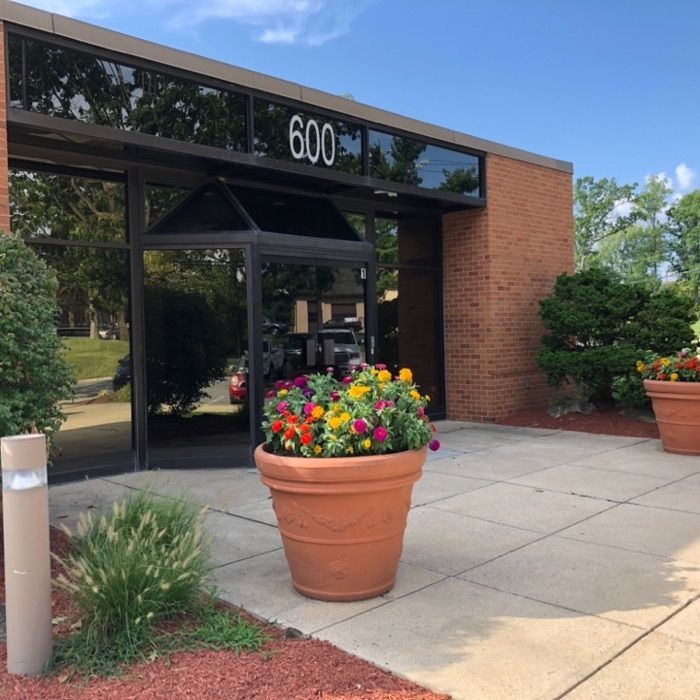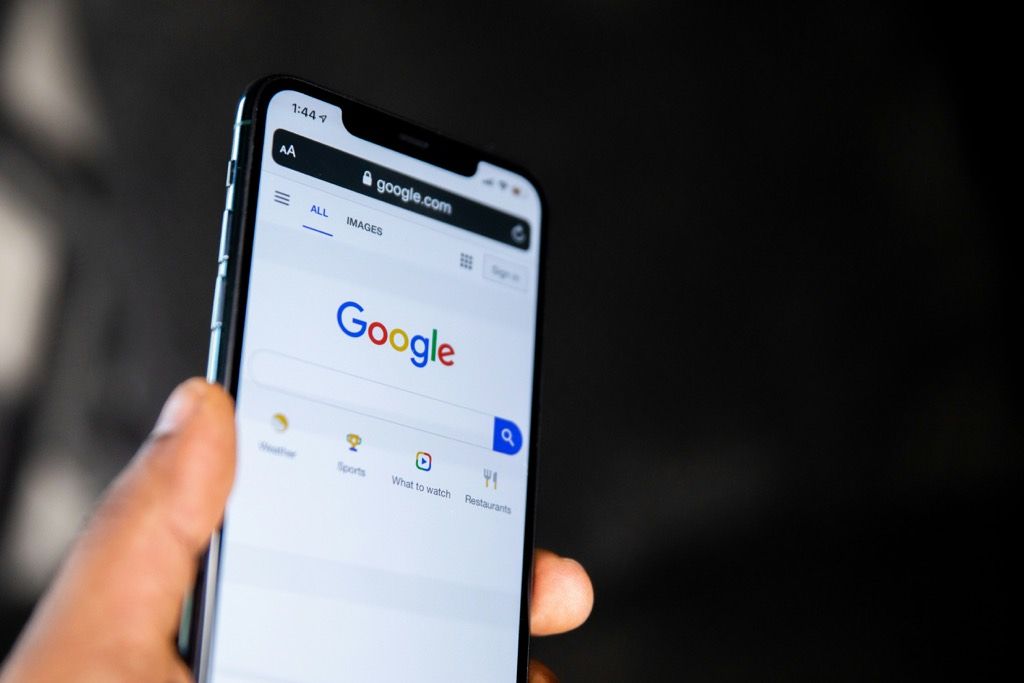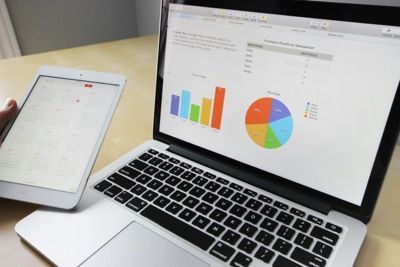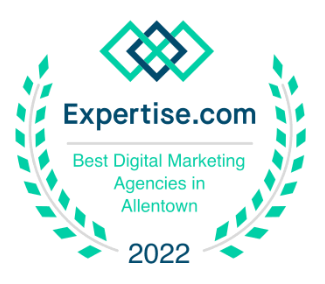Top 10 Tips to Get the Most out of Your PPC Advertising Campaigns
What is Pay-Per-Click Marketing?
Pay-Per-Click or PPC is a type of internet marketing where you create an ad and then pay a fee each time someone clicks on it. When someone clicks on your ad, they’re sent to your website or special landing page. Unlike organic marketing - such as content marketing and search engine optimization – PPC requires that you pay for traffic to your website.
Several platforms offer PPC marketing. While Google Ads is the most commonly used platform for PPC, social networks, such as Facebook, YouTube, Instagram, Linked In, Twitter, and Pinterest, also offer PPC opportunities.
10 PPC Tips (With a focus on Google Ads)
Focus on Your Target Audience
To ensure that you get your ad in front of the right people (people who are interested in your product or service), you need to know your target audience and how you can appeal to those interests. With Google Ads, you can target by demographics, interests, reading/shopping/browsing habits, and more. Not only do you want to do what you can to make sure your target audience sees your ad, but you also want to design those ads in a way that will appeal to them.
Determine Your PPC Ad Budget
With PPC, your advertising costs only accrue after a prospect has clicked on your ad. Fortunately, you are able to put a limit on how much you want to spend on PPC advertising. There are several ways to determine your PPC ad budget, such as establishing a profitability goal, identifying keyword themes by intent, and analyzing past performance.
Choose the Right Keywords
The keywords you choose help determine who sees your ads, and the right keywords can make a huge difference in the success of your PPC campaign. Quality over quantity is a good mantra in this case because the more keywords you choose, the greater chance that your ads will end up in front of the wrong people. As a result, you’ll end up paying more and receiving poorer results than if you use a few very-well-chosen keywords.
Choose the Right Destination
Every time someone clicks on your PPC ad, you pay, so you want to make sure that when they do click on the ad, they’re sent someplace that will help you achieve your goals. Typically, sending them to your homepage is not the best choice. Instead, you want to send them to a page that helps them find what they’re looking for based on your ad.
Use the Right Campaign Type
Google offers several types of PPC Campaigns:
· App Campaigns
· Display Campaigns
· Local Campaigns
· Search Campaigns
· Shopping Campaigns
· Smart Campaigns
· Video Campaigns
Your marketing goals, brand strategy, and budget will help you determine the best campaign type for your ad.
Consider Retargeting
Did you know that you can target people who have visited your site or a competitor’s site or people who have bought from you or had some kind of interaction with your business? Most people don’t make a purchase the first time they visit a website. Retargeting can help remind them what your business can do for them.
Use Automation
The use of automation is one advantage of digital marketing, and PPC advertising is no exception. Google Ads offers several automation options, such as a scheduling feature, auto-pausing keywords that aren’t working, and more. Use these automation tools to set it and forget it, so you can focus on running your business.
Understand Search Intent
Search intent is a term used to describe the intention – or purpose – of an online search. Why is someone searching for something online? What are they really looking for? What do they mean to say with the words they type into the search? Google has focused a lot of effort on understanding search intent and has designed its algorithms with the hope of providing search results that better meet users’ needs.
Be Aware of PPC Trends
Online marketing is constantly evolving. Algorithms change. New tools are released. If you want your PPC advertising to be effective, you need to be aware of recent PPC trends. For example, more people are using voice search to find what they’re looking for, and visual searches appear to be a future trend. You need to adjust your PPC ads as trends change.
Analyze Your Results to Improve PPC Effectiveness
The ability to see what people are doing online is one of the most significant advantages of online marketing. Don’t waste this advantage by not looking at the analytics Google, Facebook, etc., are providing. Look at which ads, graphics, keywords, etc., are getting the most clicks and which are providing the most conversions.
Don’t have time for PPC?
Don’t think you have time for PPC? You may want to reconsider because research shows that paid advertising delivers a 200% ROI ($2 for every $1 spent) and website traffic generated by PPC ads provides 50% more conversions than organic advertising.
If your time is better spent running your business than researching the latest marketing trends and keywords, creating ads, and analyzing results, contact Power Marketing International (PMI) today at 484-297-6395 or contact us online. We can get your message in front of your target market and convert them from prospects to paying customers.

BERKS COUNTY OFFICE:
60 Commerce Drive
Reading, PA 19610
(484) 297-6395

LEHIGH VALLEY OFFICE:
6081 Hamilton Blvd, Suite 600
Allentown, PA 18106
(484) 838-6648
Power Marketing International, LLC
A Digital Marketing Agency for Advertising, Web Design, and SEO. Our Experts are Dedicated to Growing Your Business!














